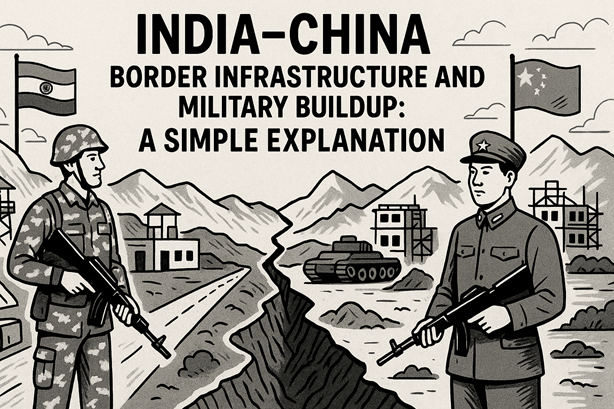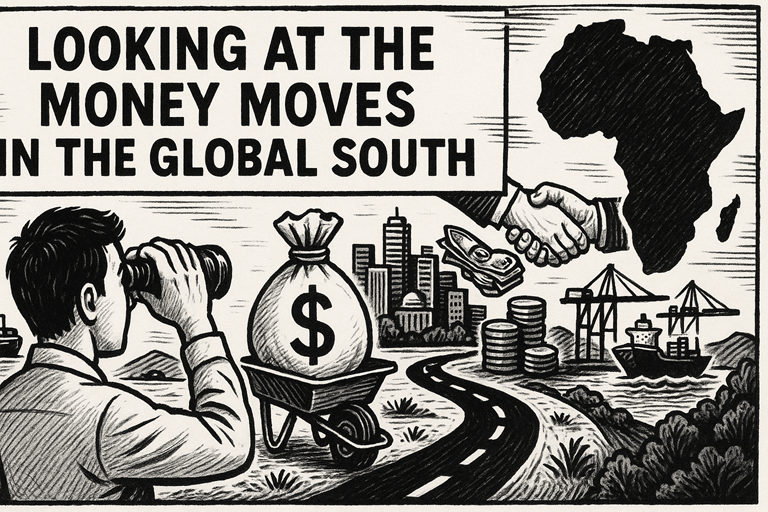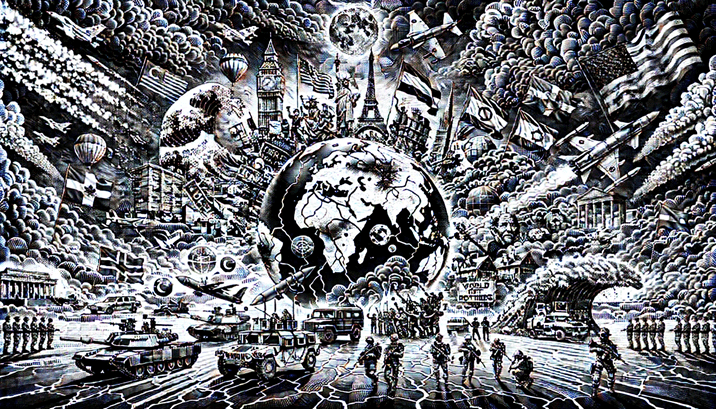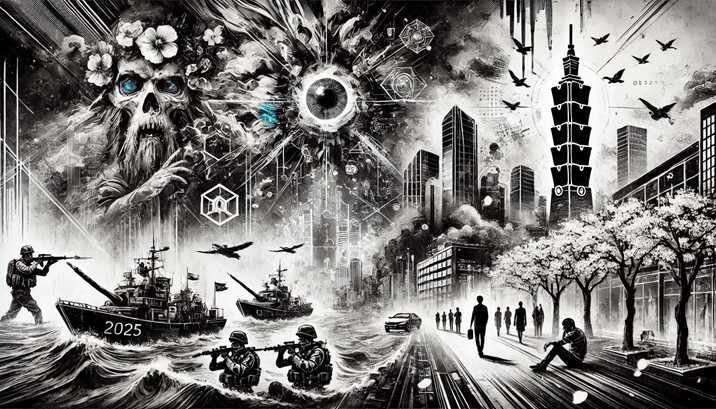The Pahalgam attack and India’s strong reaction have pushed South Asia into completely new and uncertain territory. India wants to send a clear message to Pakistan, but by suspending the Indus Waters Treaty, it may actually make things worse—fueling anger and potentially pushing more young people toward extremism. For the 1.8 billion people living in the region, any war would come at an enormous cost: economic collapse, a refugee crisis, and even the threat of nuclear conflict. No one would truly win.
Read moreCategory: China and Pacific region
India–China Border Infrastructure and Military Buildup
The tensions between India and China over their border aren’t new—they go back to colonial times. One key issue is the McMahon Line, drawn in 1914 by British India and Tibet to mark the eastern boundary. China never accepted it, saying Tibet didn’t have the right to make such agreements on its own. This disagreement simmered for years and became more serious after India became independent in 1947 and China took over Tibet in 1950.
Read moreLooking at the Money Moves in the Global South
The Global South often has lower levels of economic development, and that’s made it a major area of interest for big global powers. China launched its Belt and Road Initiative (BRI) in 2013, a huge infrastructure push worth over $1 trillion. The goal is to connect parts of Asia, Africa, and Europe through railways, roads, ports, and more—mostly funded by loans from China.
Read moreA Closer Look at How Geography Still Shapes Global Power
Geography still plays a major role in global politics, just like the old theories from Mahan and Mackinder said. Controlling important sea routes, land corridors, and key natural resources is still essential for countries to stay powerful and influential.
Read moreTop 10 Affairs That Could Start World War 3 in 5 Years
The chance of a major global war between 2025 and 2030 is real. The most dangerous flashpoints are the Taiwan Strait and the Israel-Iran conflict. The Russia-NATO situation also remains risky. Other threats—like cyberattacks, climate change, economic troubles, and local wars in Africa—may seem smaller but can grow fast, especially if big countries get involved.
Read moreA Simple Look at Geoeconomics and How Trade is Used as a Weapon
Geoeconomics—using trade and money as tools for global influence—is changing how countries deal with each other. Whether it’s the US-China trade war, the sanctions on Russia, or China’s investments through the BRI, all of these examples show the different ways countries are using economic strategies to get ahead.
Read moreTaiwan 2025 Scenarios: Invasion, Blockade, or No Change?
If China were to invade Taiwan, it would likely involve a huge military operation by sea, using its updated weapons and equipment. Lately, China has introduced things like new landing ships and tools to cut undersea internet cables, which would help them isolate Taiwan.
Read moreFinancial Shifts in the New Cold War
The world’s financial system is quietly going through major changes. Many people are calling it a “New Financial Cold War.” What’s happening is that countries like China, Russia, and others are trying to rely less on the U.S. dollar. They want more control over their own money systems, especially as tensions with the U.S. rise and sanctions become more common.
Read moreHow the Strategic Revival of Russia, China, and Iran is Redrawing Eurasia
Russia, China, and Iran have been stepping up their military teamwork in recent years. They now hold regular joint naval drills, like “Security Bond-2023” and “Marine Security Belt 2024” in the Gulf of Oman. These exercises include warships and aircraft from all three countries, covering huge areas of sea to practice fighting terrorism and protecting trade routes. Other countries, like Pakistan and India, even sent observers in 2024.
Read moreAstropolitics and Space Power Play in the Cosmos- An Analytical Perspective
A big reason for this race is money—the space industry is expected to be worth $1.8 trillion by 2035. Private companies are also shaping the field. SpaceX, for example, offers satellite services like Starlink to governments, which can be used for both civilian and military purposes, adding more complexity.
Read more









